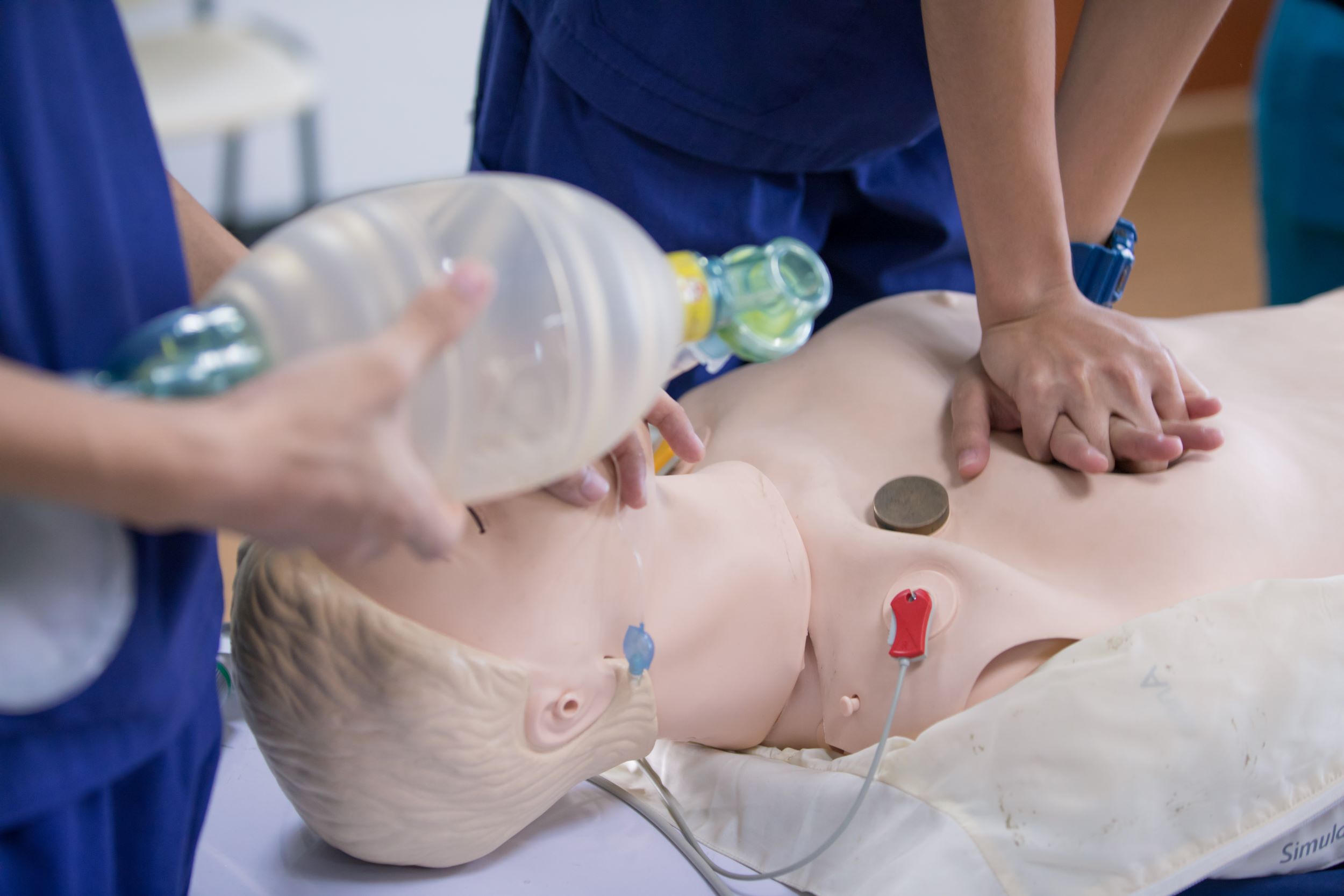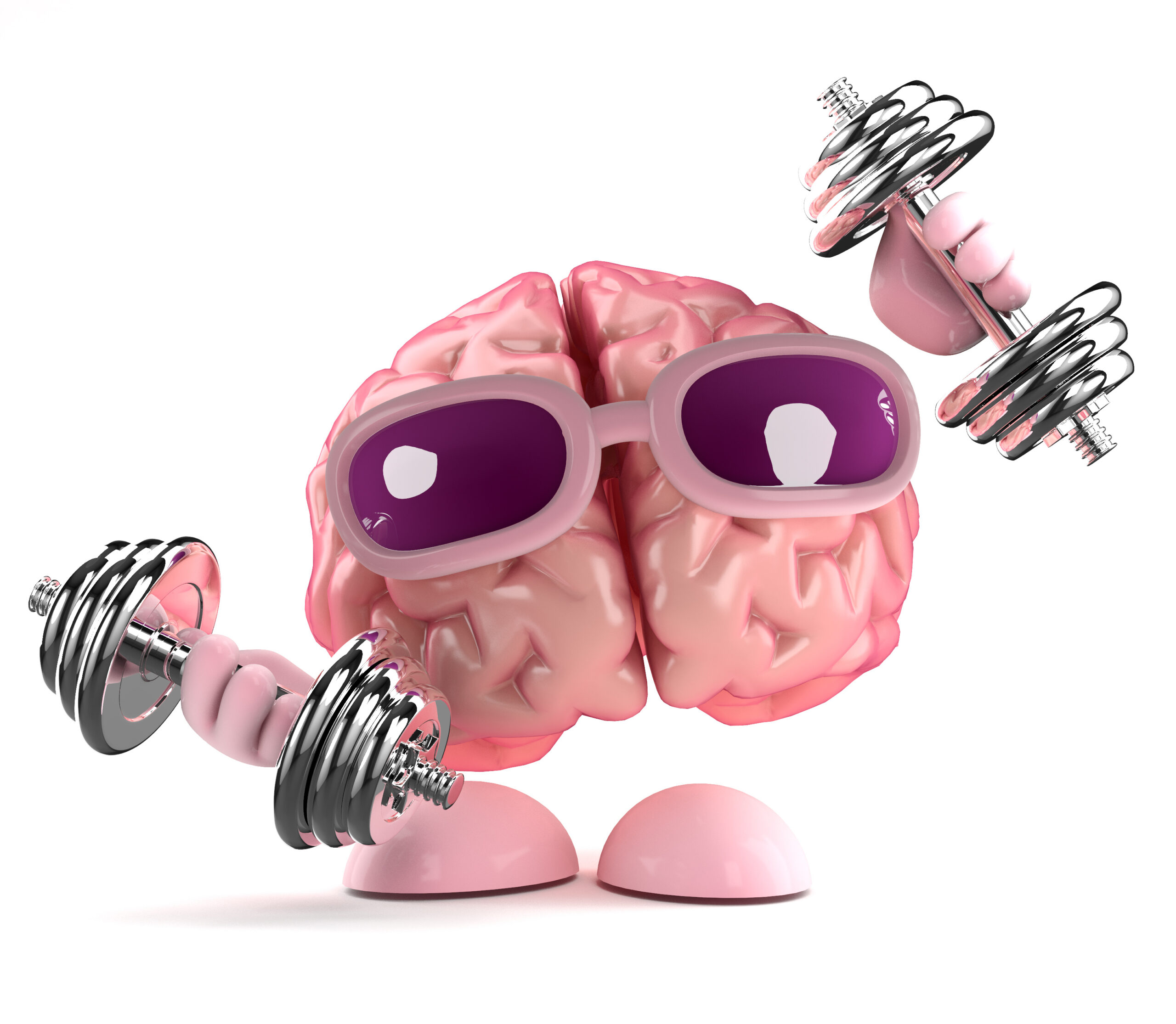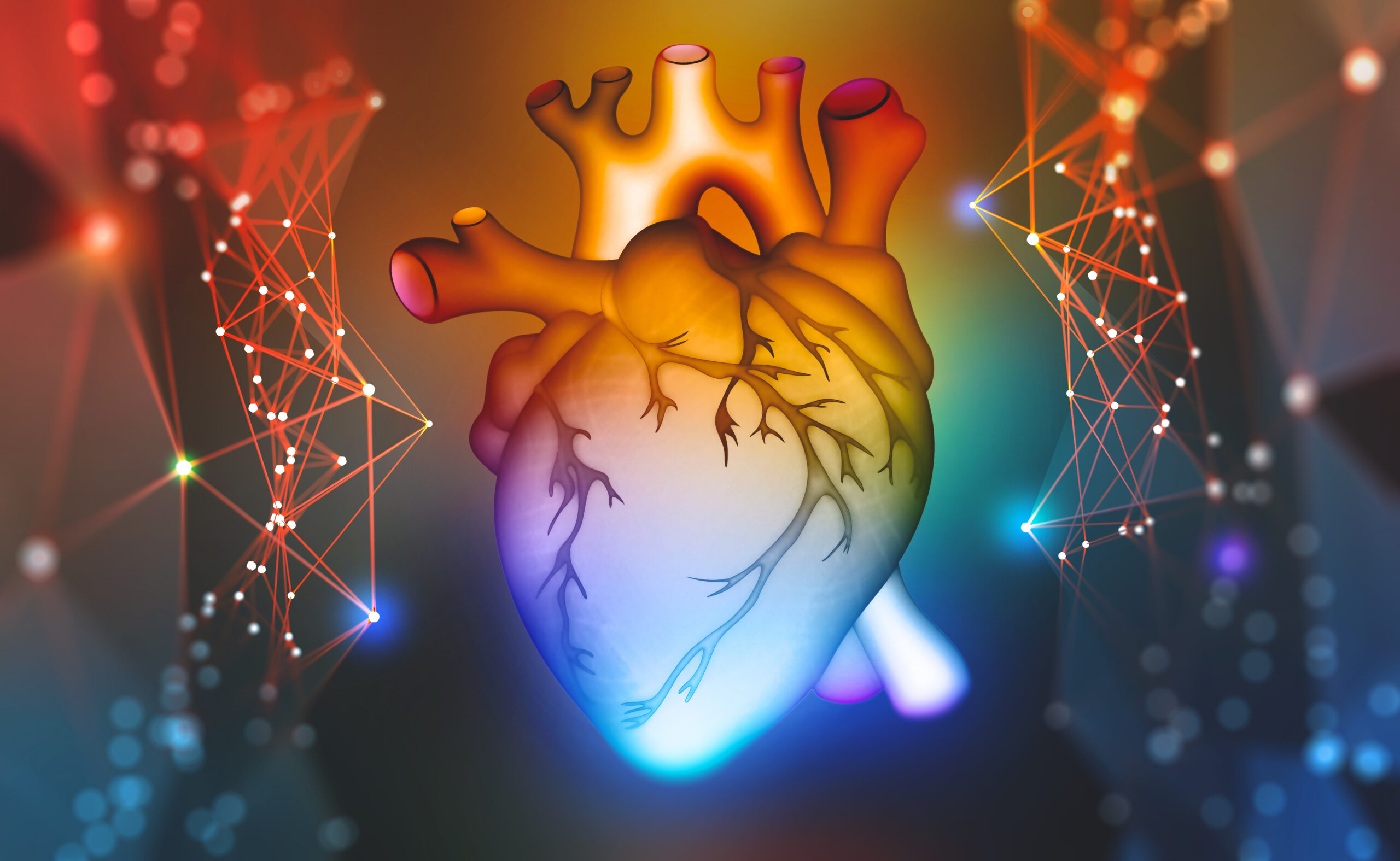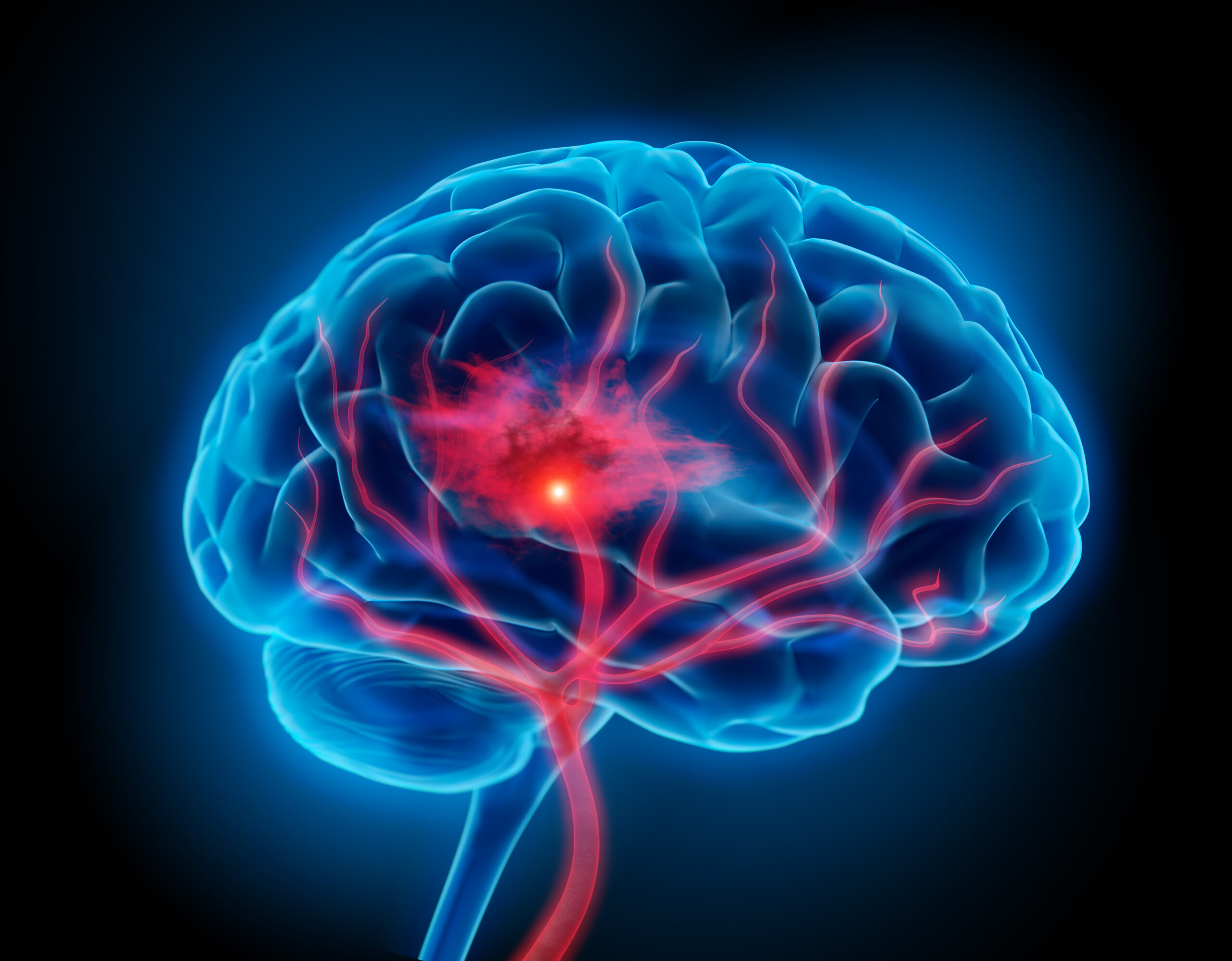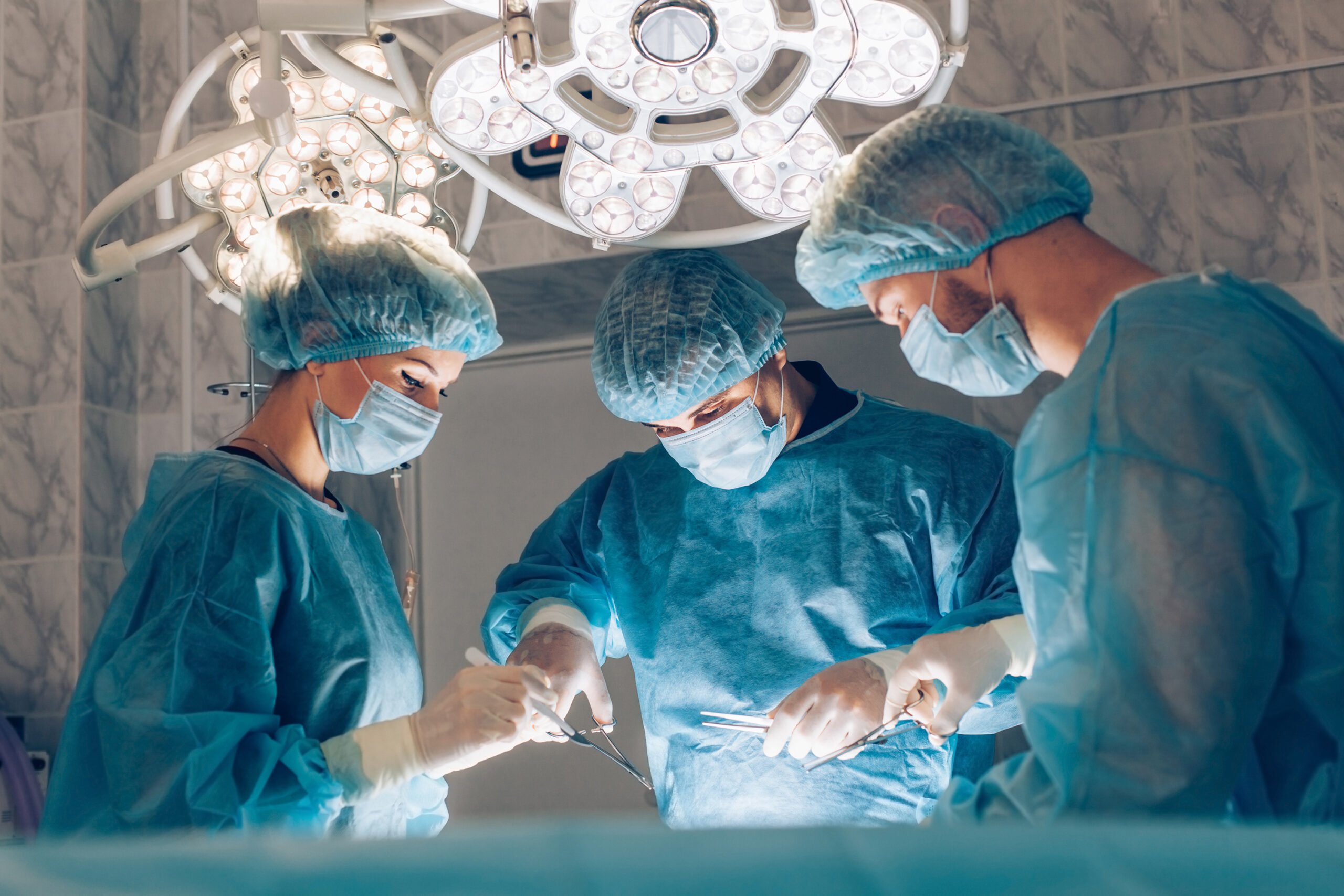Survival Chances For Cardiac Arrest During CPR
According to a study published in the BMJ, a person’s chance of surviving cardiac arrest while receiving cardiopulmonary resuscitation (CPR) in a hospital is 22%, but that declines rapidly after only one minute to less than 1% after 39 minutes. The likelihood of leaving with no major brain damage is similar, declining from 15% after …


